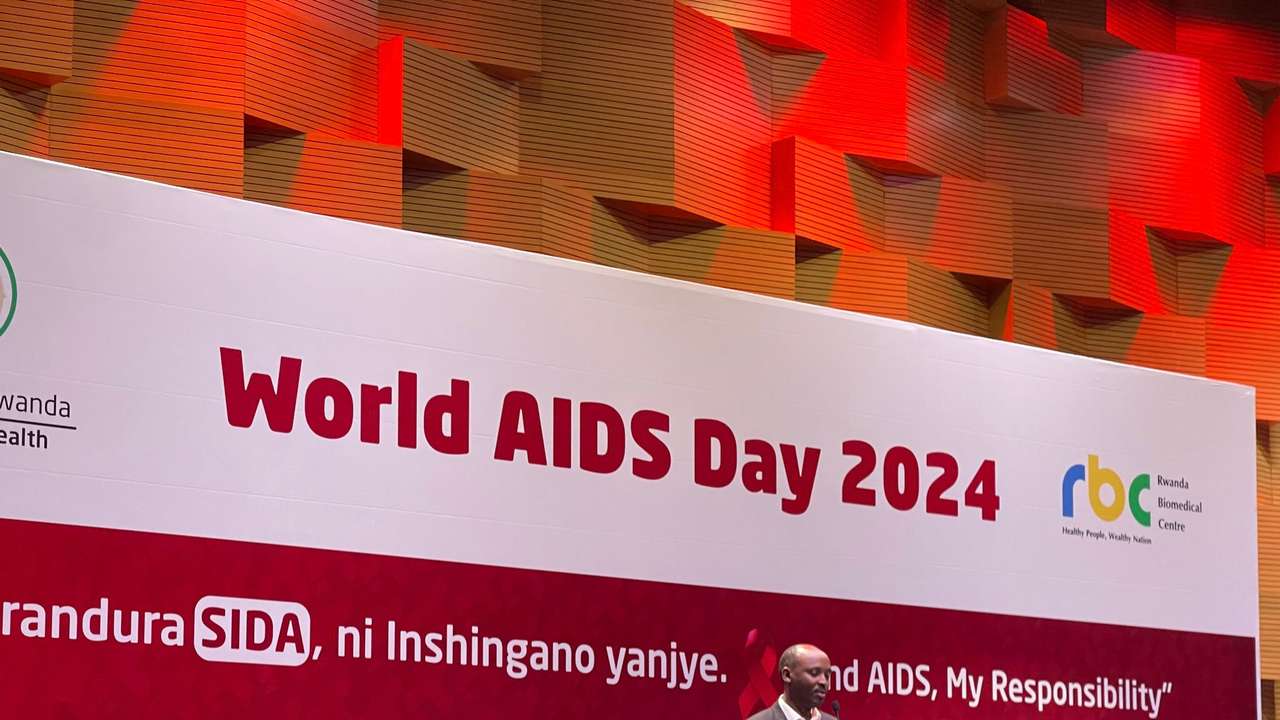Rwanda announces injectable PrEP drug to combat HIV/AIDS on World AIDS Day

On World AIDS Day, December 1, Rwanda announced a new initiative to combat HIV/AIDS with the introduction of injectable pre-exposure prophylaxis (PrEP) drugs.
This decision comes amidst ongoing efforts, as statistics reveal approximately 230,000 individuals in Rwanda are living with HIV, with 96% aware of their status. Notably, 98% of those diagnosed are on antiretroviral treatment.
PrEP refers to the use of medications to prevent the transmission of the disease in individuals who have not yet been exposed to the infectious agent.
Currently, 3,200 new infections occur annually, predominantly among the youth, leading public health officials to prioritise education and sensitisation within this demographic and other vulnerable groups, including sex workers.
Dr Basile Ikuzo, from the Rwanda Biomedical Centre (RBC), emphasised the importance of broadening outreach and said, "Currently, there are many measures that our country is implementing through the Ministry of Health, focusing on increased sensitisation, especially among the youth, but also among those groups of people who are at high risk, for example, sex workers."
“By the end of this year, we will introduce in our program an injectable drug for the prevention of HIV,” Ikuzo added.
RBC’s Director-General, Claude Mambo Muvunyi, referred to World AIDS Day as an opportunity for reflection on progress made in HIV/AIDS management and highlighted the global annual figure of 1.3 million new infections as a reminder of the ongoing struggle.
Emphasising the collaborative nature of the fight against HIV, Muvunyi affirmed, "The fight against HIV is a shared responsibility, and it requires all of us, as individuals, communities, governments, and organisation partners, to work together towards a world free of AIDS."
In line with international goals, Rwanda has made significant strides, achieving the UNAIDS objectives of 95-95-95: 95% of people living with HIV diagnosed, 95% of diagnosed individuals on ART, and 95% with a suppressed viral load.
To capitalise on these achievements, RBC launched a six-month nationwide campaign aimed at increasing awareness, access to services, and reducing stigma, addressing both HIV/AIDS and associated health challenges such as Mpox.